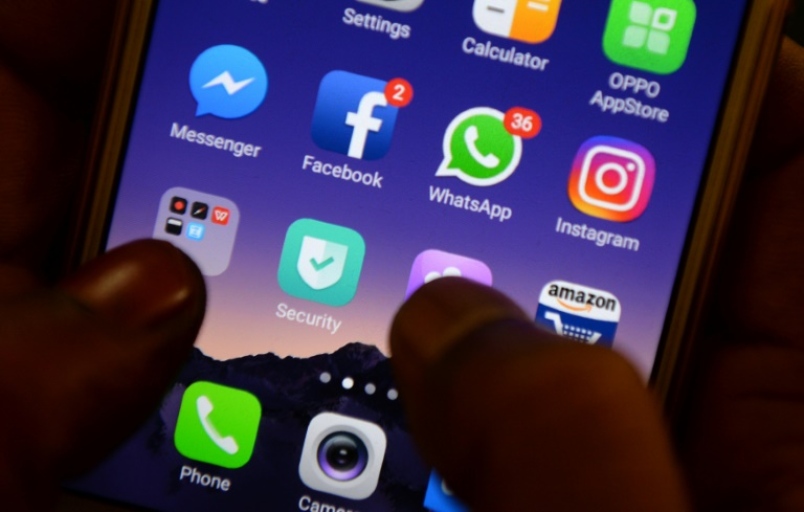Social media platforms will be used to spread political disinformation in the run-up to the 2023 elections in Zimbabwe, media scholars have said.
Disinformation is understood as false information that is disseminated with the intention to harm.
In the political context, these are messages that are deliberately to cause harm within the political circles.
This was said on day two of the future of journalism education in Southern Africa conference hosted by CITE, MISA Malawi, Namibia Media Trust and DW Academy under the theme, crafting journalism education for viable media.
Presenting on the role of media in combating political disinformation and the effects of political disinformation during elections, at the recently held future of journalism education in Southern Africa conference, the scholars said political disinformation is going to increase as the country gears up for elections.
A lecturer at the National University of Science and Technology (NUST), Bhekizulu Tshuma said the upcoming elections are another factor that will populate disinformation.
“We have upcoming elections as another factor that is creating a lot of political disinformation in the country, we know that since independence, our elections have been so hotly contested, the ruling part your Zanu-PF has always wanted to retain power at all cost and your opposition has always wanted to gain power at all cost, so during elections everything goes up. We want to win elections, we want to maintain our dominance and it gives them an environment for them to perpetuate political disinformation,” said Tshuma.
He said social media will be the platform for perpetuating disinformation.
“Social media, TikTok is a major culprit of misinformation which is related to disinformation, digital platforms in their nature are controlled or they have limited control to the way messages are shared, the way people use them, it’s easy for anyone to just craft a message and send to the public and at the end of the day we end up using those messages.
“There is a lot of competition with other people calling it the news-ness with these digital platforms and social media, there is a news-ness where everyone wants to send information out there to their audiences,” said Tshuma.
Tshuma said both the upcoming elections and social media platforms increase the opportunity for people to spread propaganda.
“There is competition among users to send information every second and it’s worse off in the political circles where you are competing for supporters, where you are competing for dominance, you are looking at the ruling party which wants to retain power. They are now going on social media platforms to spread certain narratives about certain things that are happening in the country against their opponents,” he said.
In addition, another lecturer at NUST, Dr Mphathisi Ndlovu said society is experiencing a crisis of public communication or what others term information disorders which include fake news, misinformation, and disinformation.
“My argument is that disinformation campaigns can potentially undermine electoral processes but at the same time there are debates on whether disinformation campaigns can sway public opinion or derail elections like if you are exposed to disinformation campaigns does it have any influence on whom you are going to vote for,” said Dr Ndlovu.
Dr Ndlovu said people need to ask themselves key questions on how political disinformation harms the democratic processes.
“If you consume fake news, does it change your perception of a political party, does it influence your choice of a political party, so the key questions that we need to ask ourselves how can disinformation influence an outcome of an election and harm the democratic process, can people make decisions such as voting based on false information, can disinformation campaigns alter perceptions of a particular issue, these are the key questions we need to ask ourselves,” he said.

